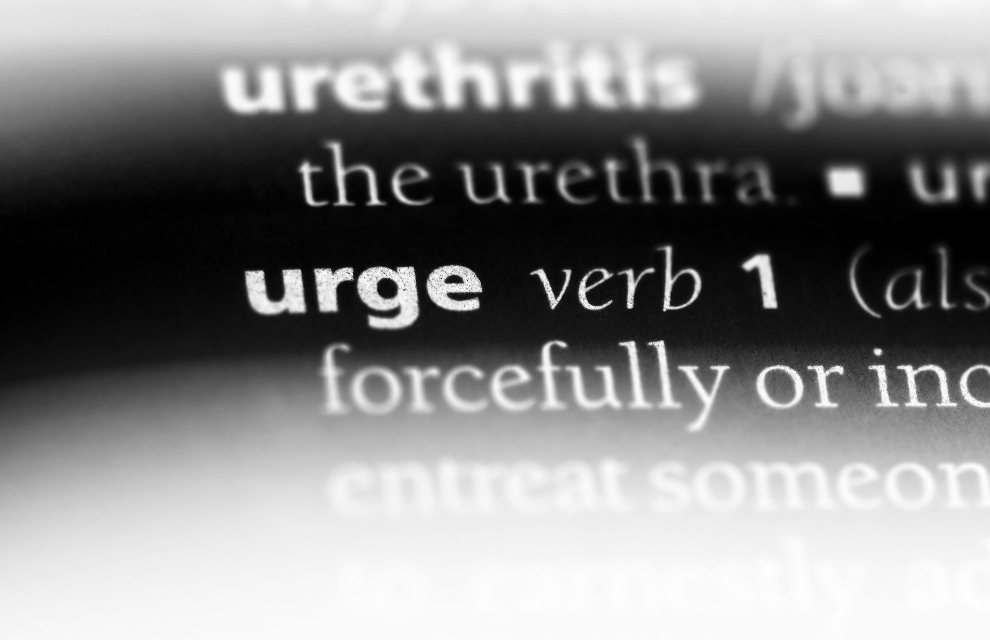The Federation of European Risk Management Associations (FERMA) has urged the Organisation for Economic Co-operation and Development (OECD) to take advantage of existing account and insurance regulations for captives, so its planned guidelines do not create disproportionate uncertainty and administration for multinational entities.
After a detailed review, FERMA submitted its response to the captive insurance aspects of the OECD public discussion draft document, ‘Base erosion and profit shifting (BEPS) Actions 8-10 Financial Transactions’, which deals with the relationship between transfer pricing and value creation.
FERMA, specifically, suggested that the OECD refers to the International Financial Reporting Standard 17 and International Association of Insurance Supervisors (IAIS) definition of “genuine insurance transaction” and “insurance risks” as part of the guidelines.
FERMA also said that current insurance regulations are “extremely stringent” about the control of various functions of a captive such as direction, underwriting, actuarial and accounting expertise and argued that further indicators are not needed.
In this paper and its previous submission to OECD in June last year, FERMA has argued that for European multinationals, captive insurance is used as a risk management tool to reduce the company’s total cost of risk and improve its loss experience through a better understanding of claims.
FERMA has explained that the OECD discussion draft offers a better understanding of captives as small insurance enterprises, specifically, by suggesting that they are regulated entities and by recognising there are various types of captive, with an improved understanding of reinsurance captives.
It also urges the OECD to continue its communication with European multinationals and its risk managers to further develop understanding about captive insurance and reinsurance companies; promote consistency in the way BEPS principles are applied to captives by national authorities and finally to encourage practicality; and proportionality in future OECD guidance on captives in the context of the efficiency of multinationals risk management strategy.
Commenting on the discussion paper, Laurent Nihoul, FERMA board member with responsibility for captives, explained: “FERMA wishes for OECD to produce final guidance that is clear and robust enough to provide multinationals with some legal certainty in terms of their captives.”
“A further layer of regulations to be applied by national authorities could create a risk of confusion, uncertainty and ultimately more administration for multinationals and tax authorities without providing the desired outcome for tax authorities.”






